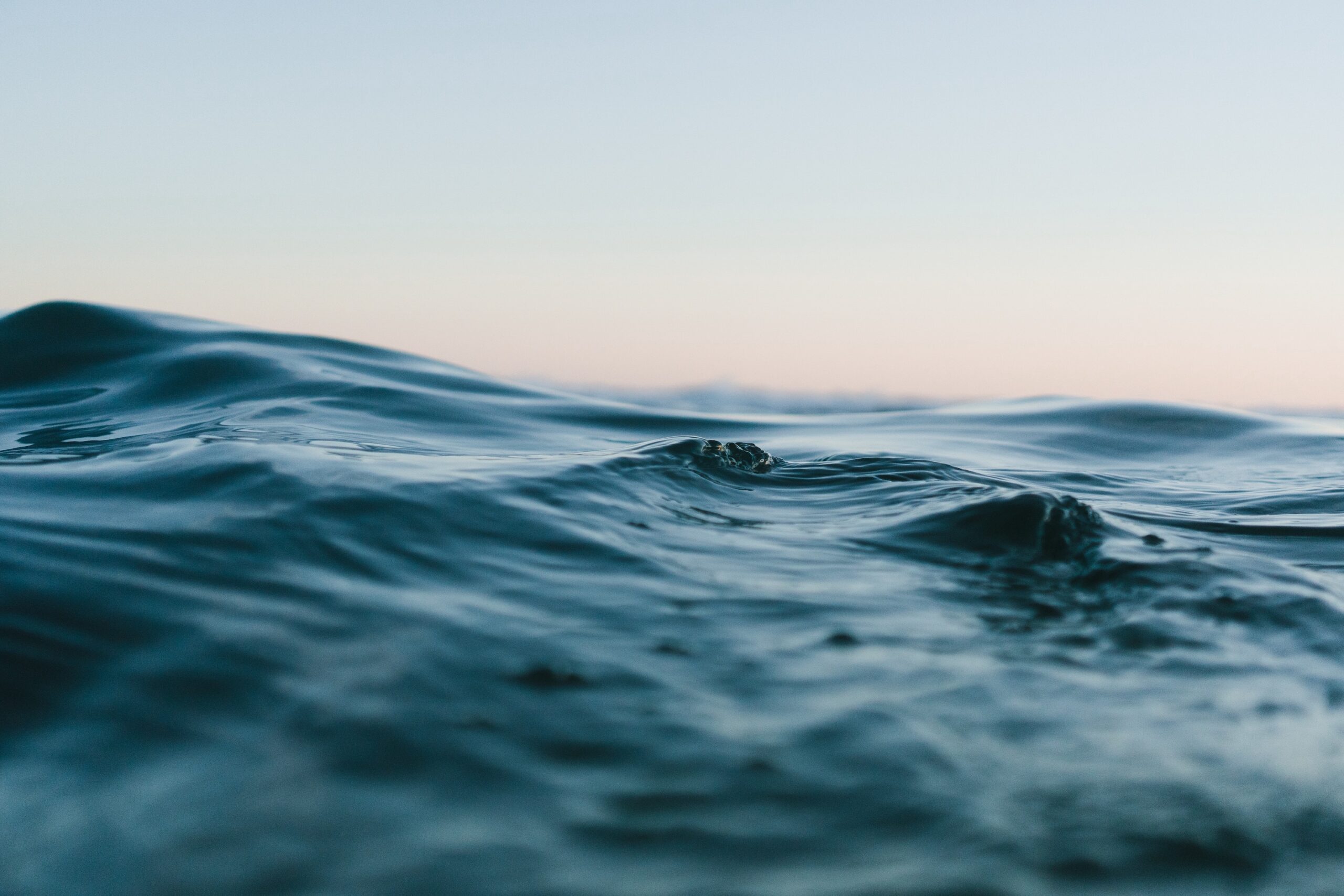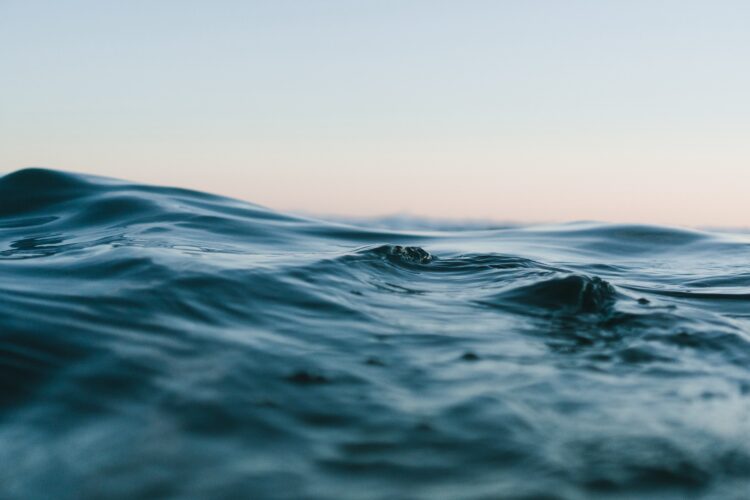Exploring Sustainable Seafood
To determine whether a specific type of fish or seafood is sustainable, you can explore detailed information on Seafood Watch’s Recommendations page.
Aqua Pass holders require reservations to visit. Sea Lion or Dolphin Presentations require reservations on the day of your visit.
Georgia Aquarium is open 365 days a year, with daily entry ending half an hour before closing. Hours are subject to change.
9:00 am-9:00 pm


Initiatives
Georgia Aquarium’s Seafood Savvy program promotes choosing sustainable seafood from sources that minimize environmental impacts, ensure fair working conditions, and support the entire supply chain.
In the US, fishing in domestic waters follows strict sustainability guidelines. However, a majority of US seafood is imported, often from foreign aquaculture. The Seafood Savvy guide aids in making sustainable choices by asking key questions to waitstaff or grocers. Based on the information, fish are categorized as:
Consumers’ choices influence sustainable seafood demand, positively impacting ocean preservation. Use the Seafood Savvy Consumer Feedback Card to give input to grocers/waitstaff and support sustainable practices.

To determine whether a specific type of fish or seafood is sustainable, you can explore detailed information on Seafood Watch’s Recommendations page.
Seafood Savvy is proudly presented in partnership with Monterey Bay Aquarium’s Seafood Watch. For the latest insights, sustainable seafood guides, and updated recommendations, we invite you to explore the Seafood Watch website and join the movement toward responsible seafood choices.

As we discover new information about our oceans and the fish populations, sustainable seafood items may change. Stay up to date here.
Choosing sustainable seafood has several benefits. It ensures that fish populations will thrive which ensures that we can continue consuming seafood for generations to come. This chain reaction also impacts our economy. With plentiful seafood stocks, fishing companies will remain in business, and our seafood prices are more likely to be at an affordable price. Not only will this benefit us, but it will keep aquatic ecosystems in check, affecting many different aquatic species and their ecosystems.
We do our research and ensure we’re using sustainable food for our animals as most of the animals at Georgia Aquarium eat aquatic food. The fish products that we purchase for the animals to consume are restaurant quality fish just like humans would eat. We support sustainable fisheries to feed the animals, and we even grow some of the food in-house to protect populations in our ocean.
For additional information about sustainable seafood, visit Seafood Watch, Marine Stewardship Council, and National Oceanic Atmospheric Administration. These organizations are also dedicated to the sustainability and protection of the ocean and global fisheries.